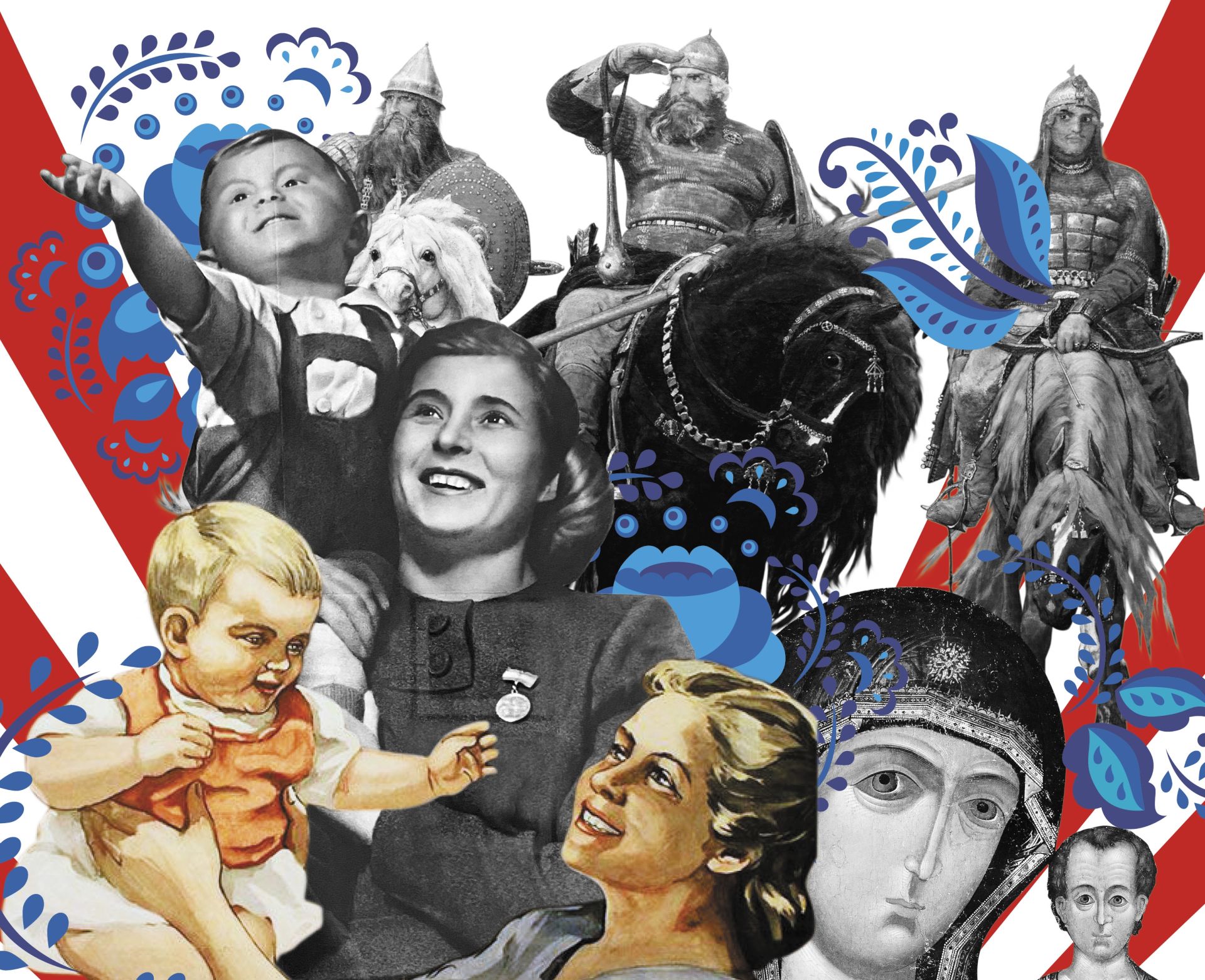Listen to this story
When I was six weeks pregnant and living in Moscow, my husband and I went to our local clinic for a checkup. This was a big one, when the viability of the pregnancy is determined, and we walked hand in hand, full of bubbly apprehension. After years of trying and three rounds of in vitro fertilization (IVF), I was pregnant at last. This appointment would tell us if the critter had survived life’s first hurdle. The hot July air surged through our nostrils, infused with hope. We swung open the clinic’s heavy doors, wrapped our sandal-clad feet in the plastic covers ubiquitous in Russian hospitals, and made for the glass elevator that transported us up to our doctor’s floor.
But once inside her room, our shared joy came to an abrupt halt. My OB-GYN — for the sake of anonymity, let’s call her Dr. Ivanova — instructed me to undress, before throwing her untrusting eyes in the direction of my husband, Joël. “This part is not for you,” she said sternly, pointing a gloved finger toward the door. Ivanova squeezed some lube onto a wandlike instrument and readied the stirrups of the chair. Joël scuttled away. With the ultrasound probe inside me and him relegated to the corridor, I then heard the gorgeous, defiant boom of our baby’s heartbeat for the first time. The future ricocheted off the gray linoleum walls, all love, speed and promise. Ivanova reassuringly patted my hand; the nurse shot me a toothy smile. But the father of my child had missed it all. Create a free account to continue reading Already a New Lines member? Log in here Create an account to access exclusive content.



